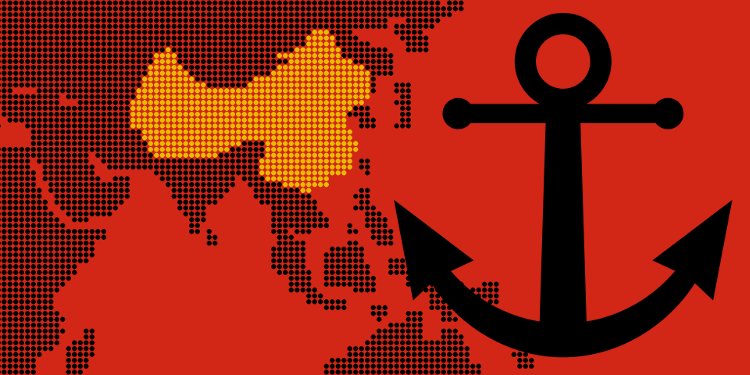A pro-China policy has made a Hong Kong politician famous. The fuel was supplied to the press, then the press sold newspapers. National Party and pro-independence candidate Chan Ho-tin has received more international press in one day than almost any other politician in Hong Kong can hope for in an entire career. An individual in the Hong Kong government determined that Chan was not “sincere” enough in his pledge to uphold Hong Kong’s “Basic Law”, which defines Hong Kong as a part of China.
While Chan had help becoming famous, Yeung Ke-cheong got himself disqualified from the same election all by himself, simply by not making the necessary pledge. Chan plans to appeal the decision. A politician from an opposing party put Chan in the same category as a terrorist, yet has not provided explanation for how terrorists usually have no problem with “sincerity” one way or another. After considering this, there appears to be no unified coordination coming from Hong Kong against pro-independence politicians. Moreover, there seems to be no concern from Beijing over how one individual’s decision in Hong Kong resulted in the international fame of their political opponent. Beijing might have been more pleased had Chan’s pledge been accepted, he been allowed to run, then been indited for perjury once there was sufficient evidence that his pledge had not been genuine, but now we won’t know.
Were it not for this incident, many Westerners might not even know that Hong Kong even has a pro-independence movement. Now, the West does. Usually, one wants one’s enemies to receive as little press as possible. This all makes the opposition to the opposition look a little less organized, making the initial opposition seem less serious for opposing such a disorganized opposition to their opposition. And, that makes the whole thing seem somewhat absurd. In it all, the West was roused against Beijing once again by the international attention on Hong Kong, “Asia’s World City”.
Meanwhile, in the South Sea, Beijing has cited the 1986 incident, when the US refused Hague’s ruling to pay reparations to Nicaragua. However, there seemed to be no comment from Beijing on how many other countries Beijing is ignoring in its policy in the South Sea. Unfortunately, both the US and Beijing speak mainly of Hague where Hague rulings are concerned, rather than keeping the focus on international community. It seems that Hague is the big distraction for both the US and China. With Russia teaming up with China for a semi-routine naval exercise in the South Sea this coming September, the international community’s opinion is relevant, even though it does not see much limelight.
Banned Hong Kong independence candidate vows to ‘subvert’ elections | SCMP
Hong Kong Bans Pro-Independence Candidate From Upcoming Election | Bloomberg
Hong Kong bans pro-independence candidate from election | CNN
Chinese & Russian navies to hold drills in South China Sea in September | RT
Now, China’s state-run media slams US for ignoring Hague ruling – of 1986 | Times of India
North Korean seeks refuge in South Korean consulate in Hong Kong: report | Reuters

